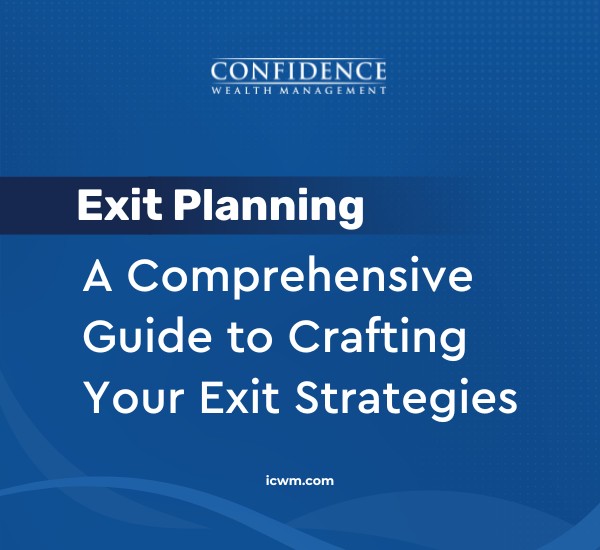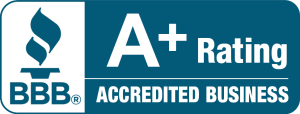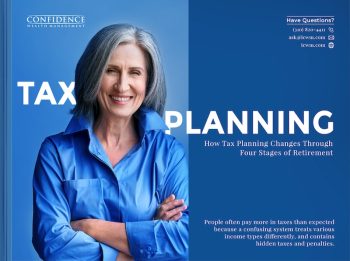Deciding when to retire isn’t one decision, but many. That’s because there are a lot of factors to consider when you want to plan it right.
For example, you need to estimate not only your expenses but also what sources of retirement income you’ll have and how long you’ll need that income to last.
That means you need to think about your life expectancy and health, when to take Social Security or pension benefits, and when to tap your retirement savings.
So it isn’t a single decision, but a series of decisions and calculations that become part of a larger, cohesive plan.
Here’s how to form that plan, how to decide when to retire, and how to keep critical timing on your side.
Early Retirement
If retiring early sounds appealing, here are some things to consider.
Retiring early means fewer earning years and less accumulated savings. That means that the earlier you retire, the more retirement savings you’ll need to give you income.
This isn’t a small problem given that lifespans are rising. According to a National Vital Statistics Report, people today can expect to live more than 30 years longer than they did 100 years ago.
Inflation also becomes more of a risk because it has more time to eat away at your hard-earned savings.
Here’s an example: If inflation is 3% a year (the historical average since 1914), it will cut the purchasing power of a fixed annual in half in about 23 years.
This shows that inflation is important to think about whether you’re planning to retire early or not. When you factor it in, you’ll probably find that you need to increase your retirement income each year to cover the same expenses. So be sure to factor in inflation when considering when you’d like to retire.
If you expect to receive pension payments, early retirement could cause you problems. Why? Because the greatest benefits generally accrue during the final years of employment when your income is presumably at its highest.
This means early retirement can affect your monthly benefits and your Social Security, too.
If you hope to retire before 59½ and want to tap into your 401(k) or IRA savings, you’re likely going to pay a 10% early withdrawal penalty plus any regular income tax (there are some exceptions for this, including disability payments and distributions from employer plans such as 401(k)s after you reach age 55 and terminate employment).
Finally, you’re not eligible for Medicare until you turn 65, so unless you’re eligible for retiree health benefits through your employer or take another job that offers health insurance, you’ll need to calculate the cost of paying for healthcare out of pocket. At least until you’re 65.
Delaying Retirement
What about postponing retirement?
This lets you continue to add to your savings, which is an even bigger advantage if you make use of tax-deferred accounts and are receiving employer contributions.
As an example, if you were to retire at 65 instead of 55 and could save an extra $20,000 a year at an 8% rate of return, you could add $312,909 to your retirement fund (This is a hypothetical example and is not intended to reflect the actual performance of any specific investment).
But even if you’re not adding to your retirement savings, delaying retirement keeps you from tapping into what you have saved. That alone could help you enhance your ability to have your savings last throughout your lifetime.
Postponing also gives you more time to figure out how to transition to full retirement. If you hope to trade a full-time job for running your own small business or launching a new career, you might be able to lay the groundwork for a new life by taking night classes or trying your new role out part-time.
Staying employed while you test your plans can help you anticipate the challenges of this new role. It can also help you see how much extra income you can expect from it and whether or not it’s something you want to commit to.
Phased Retirement: The Best of Both Worlds
Some employers now offer phased retirement programs, which allow you to receive all or part of your pension benefit once you’ve reached retirement age, while you continue to work part-time for the same employer.
These programs have begun to get more attention. In the past, pension law for private sector employers caused them to encourage workers to retire early. These plans weren’t generally allowed to pay benefits unless a worker fully retired.
However, pension plans can now pay benefits when an employee turns 62, even if the employee is still working and hasn’t yet reached the plan’s normal retirement age.
Phased retirement can benefit the employee by giving them a more flexible work schedule and a smoother transition to full retirement, while also benefiting the employer by allowing them to retain an experienced worker for longer.
Employers aren’t required to offer a phased retirement program, but if yours does, it’s worth reviewing.
Check Your Assumptions
The sooner you start to plan the timing of your retirement, the more time you’ll have to make any adjustments to ensure those years are everything you’ve dreamed of.
Given how complex it is, it can help to have someone knowledgeable advise you on the best path forward.
As experienced financial professionals, we help clients like you figure out the best retirement plan for their situation, so that when they’re ready they can retire gracefully with peace of mind.
Please connect with us and let us help you plan for your dream retirement. We would be delighted to go on the journey with you.










